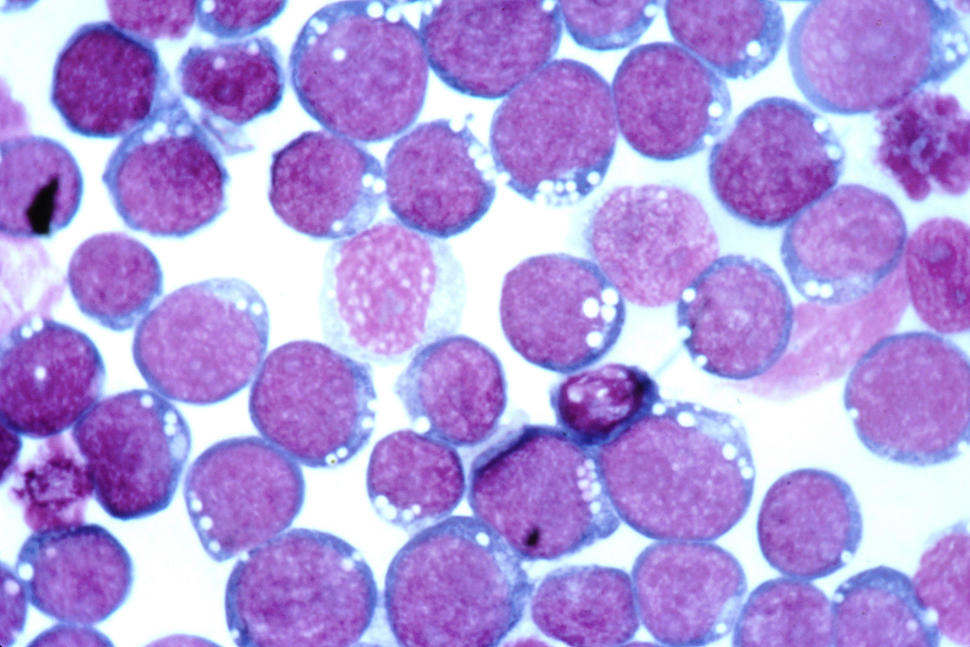EALC News
EALC Project Highlight
Dr. Blossom Damania and her team with the University of North Carolina at Chapel Hill EALC Project are investigating the role of FAM72A in EBV-driven lymphoma development and preclinically testing FAM72A inhibition as a potential therapy for EBV-associated lymphoma.
DCB Contact for EALC
For additional information about the EALC, please contact Dr. Betsy Read-Connole.
Funded Projects
